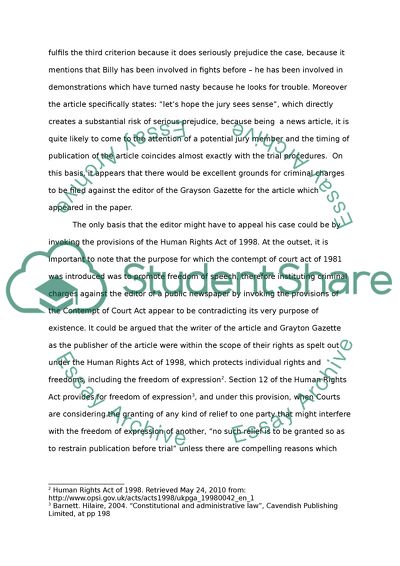Cite this document
(Constitutional and Administrative Law Case Study, n.d.)
Constitutional and Administrative Law Case Study. Retrieved from https://studentshare.org/law/1567216-w201-etma-03
Constitutional and Administrative Law Case Study. Retrieved from https://studentshare.org/law/1567216-w201-etma-03
(Constitutional and Administrative Law Case Study)
Constitutional and Administrative Law Case Study. https://studentshare.org/law/1567216-w201-etma-03.
Constitutional and Administrative Law Case Study. https://studentshare.org/law/1567216-w201-etma-03.
“Constitutional and Administrative Law Case Study”. https://studentshare.org/law/1567216-w201-etma-03.


